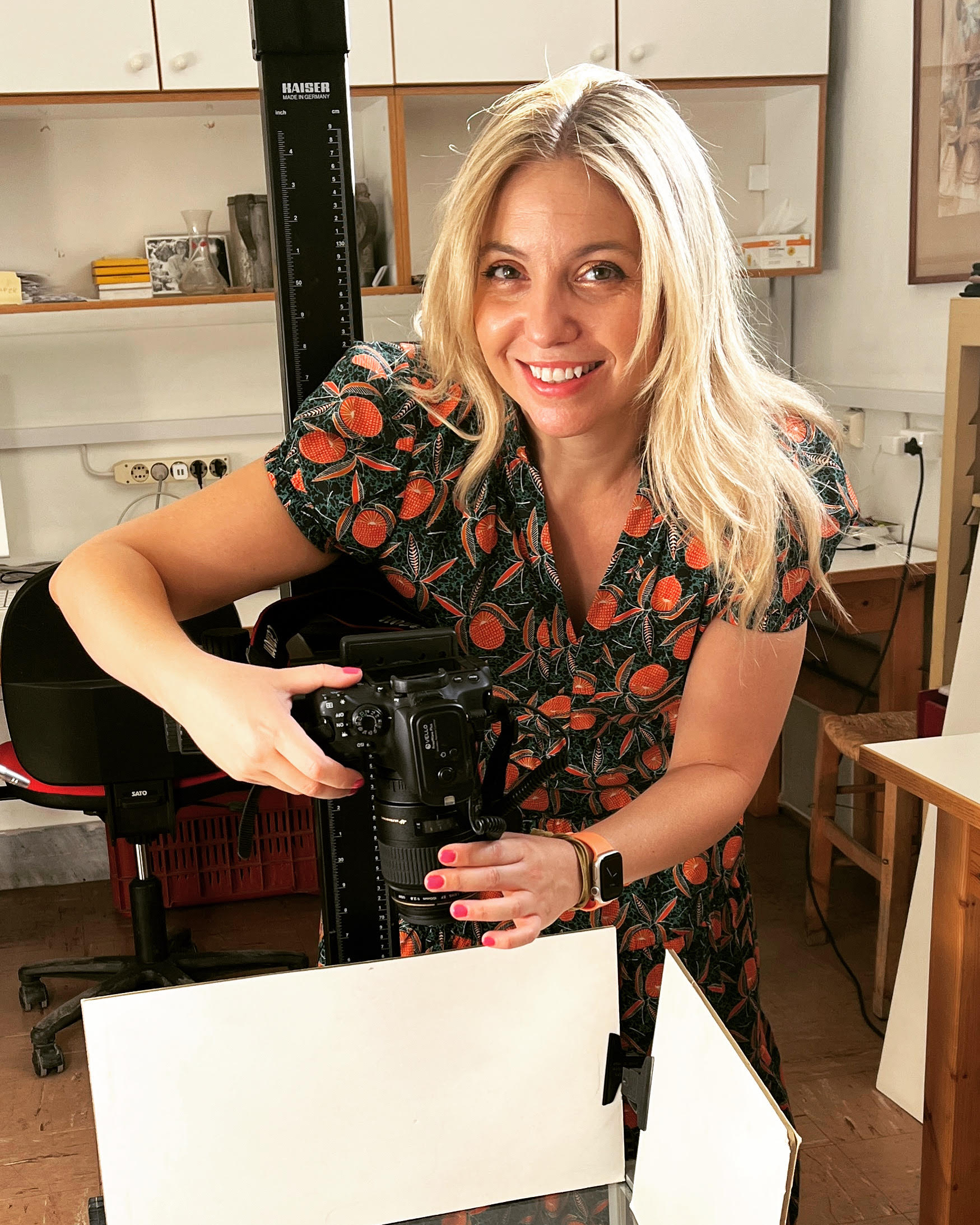Consuming the Past: Byzantine Strategies of Adaptive Reuse and Urban Transformation in the Athenian Agora
Presented By
The American School of Classical Studies at Athens
Elizabeth A. Whitehead Distinguished Scholar Lecture
Speaker(s)
Fotini Kondyli
Associate Professor of Byzantine Art and Archaeology at the University of Virginia,
Location
Cotsen Hall, Hybrid Lecture, Anapiron Polemou 9, Kolonaki 10676About the Speaker
Fotini  Kondyli, Associate Professor of Byzantine Art and Archaeology at the University of Virginia, specializes in the archaeology of the Late Antique, Byzantine, and Frankish periods. Her research focuses on Byzantine spatial construction, communal identity, landscape and household archaeology, and the material culture of non-elites. She also examines cultural and economic networks in the medieval Mediterranean, particularly in relation to ceramic production and distribution. Her interdisciplinary work integrates archaeology, archival research, spatial analysis, and digital humanities. Kondyli is the author of Rural Communities in Late Byzantium: Resilience and Vulnerability in the Northern Aegean (2022) and co-editor of The Byzantine Neighbourhood: Urban Space and Political Action (2022). An active field archaeologist, she has conducted extensive work at archaeological sites in Greece, Turkey, Albania, the United Kingdom, and Germany. Her current research project, Inhabiting Byzantine Athens, utilizes legacy data from the Athenian Agora Excavations to reconstruct the socioeconomic activities, spaces, and urban experiences of Byzantine Athens, emphasizing Byzantine city-making processes and the critical role of non-elites as city-makers.
Kondyli, Associate Professor of Byzantine Art and Archaeology at the University of Virginia, specializes in the archaeology of the Late Antique, Byzantine, and Frankish periods. Her research focuses on Byzantine spatial construction, communal identity, landscape and household archaeology, and the material culture of non-elites. She also examines cultural and economic networks in the medieval Mediterranean, particularly in relation to ceramic production and distribution. Her interdisciplinary work integrates archaeology, archival research, spatial analysis, and digital humanities. Kondyli is the author of Rural Communities in Late Byzantium: Resilience and Vulnerability in the Northern Aegean (2022) and co-editor of The Byzantine Neighbourhood: Urban Space and Political Action (2022). An active field archaeologist, she has conducted extensive work at archaeological sites in Greece, Turkey, Albania, the United Kingdom, and Germany. Her current research project, Inhabiting Byzantine Athens, utilizes legacy data from the Athenian Agora Excavations to reconstruct the socioeconomic activities, spaces, and urban experiences of Byzantine Athens, emphasizing Byzantine city-making processes and the critical role of non-elites as city-makers.
Free admission